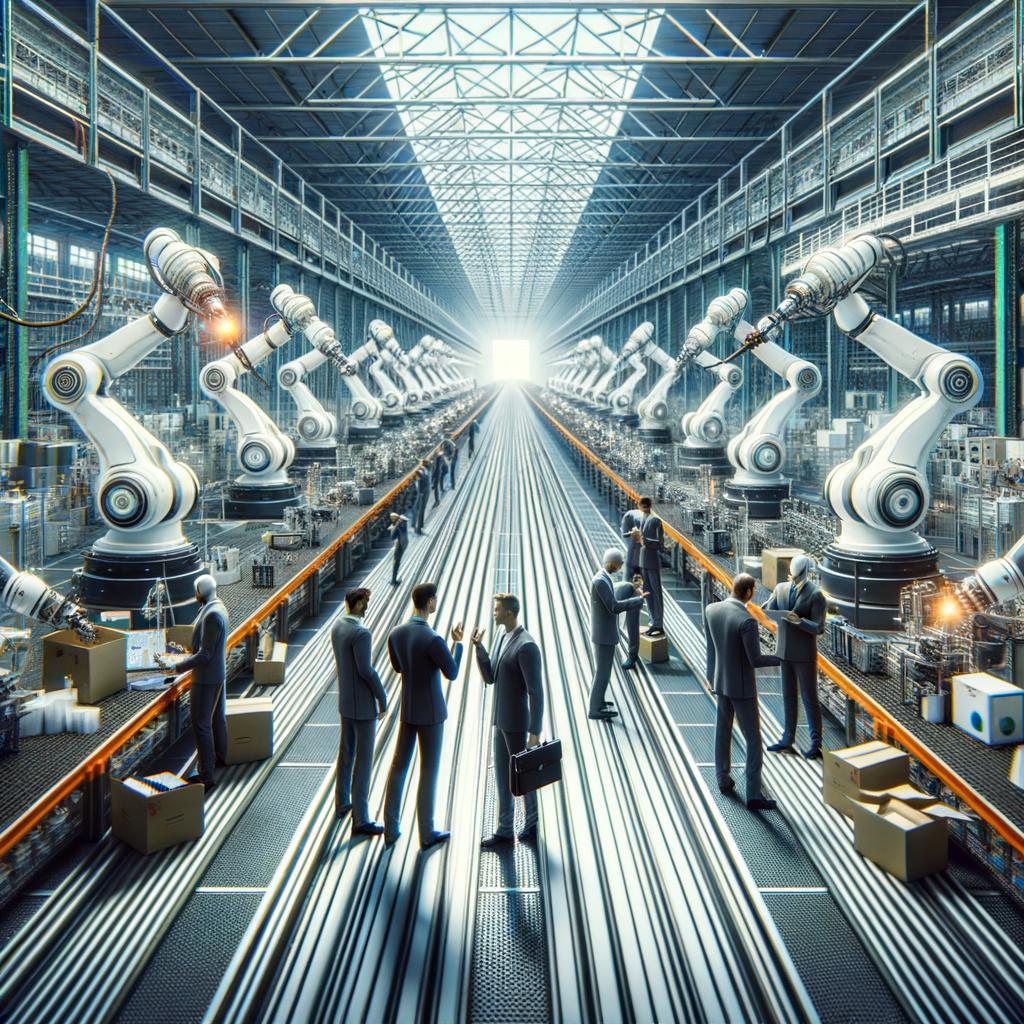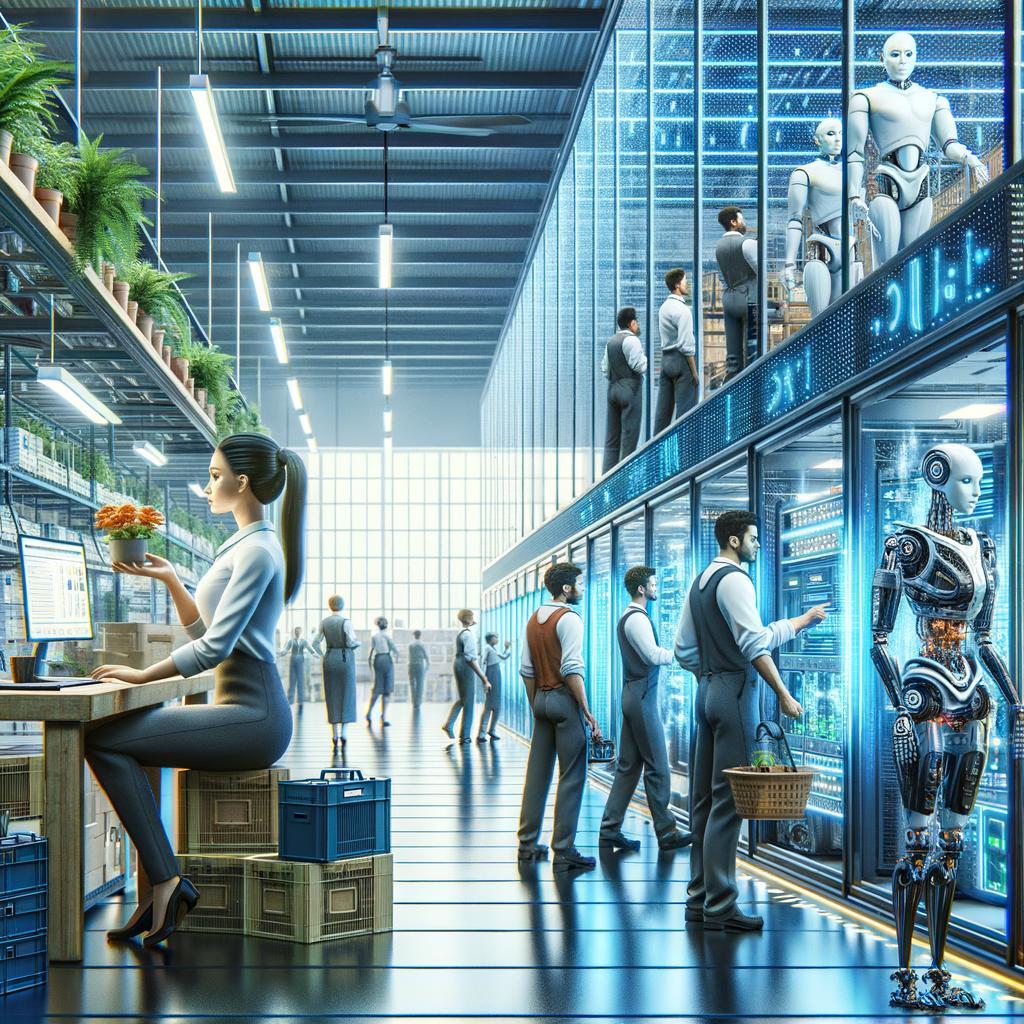In an era marked by rapid technological advancement, few innovations have generated as much debate as artificial intelligence (AI). While proponents herald AI as a transformative force for productivity and efficiency, others express increasing concern about its potential to undermine job security. From manufacturing floors to corporate offices, automation threatens to disrupt traditional employment structures, raising critical questions about the future of work. This article explores the impact of AI on job security from a conservative perspective, advocating for a cautious approach that prioritizes workforce protection while fostering innovation. By examining the implications of AI-driven changes in the economy, we aim to emphasize the importance of safeguarding livelihoods and ensuring that technological progress benefits society as a whole, rather than leaving many workers behind in its wake.
As we witness the accelerating integration of artificial intelligence (AI) into the workforce, the reality of job displacement looms larger than ever. This technology, while promising unprecedented efficiency and productivity, is also reshaping industries at a speed that outpaces traditional adaptation measures. Jobs that require repetitive tasks or data processing are particularly vulnerable, as machines take on roles that humans have held for generations. Key sectors at risk include:
- Manufacturing
- Retail
- Customer Service
- Transportation
The economic shifts resulting from this technological evolution could lead to a significant restructuring of the labor landscape. As employment opportunities in these areas diminish, a profound sense of uncertainty prevails, prompting a need for strategic responses that prioritize workforce stability and security.
In addressing the challenge of job losses due to AI, stakeholders—ranging from government entities to corporate leaders—must collaborate on sustainable strategies. Investing in education and retraining programs is paramount, ensuring that workers can transition into roles that leverage human skills, such as creativity and emotional intelligence. Possible strategies include:
- Encouraging vocational training and apprenticeships
- Implementing tax incentives for companies that prioritize reskilling employees
- Promoting STEM education in schools
- Strengthening social safety nets to support displaced workers
By proactively addressing these challenges, we can foster an adaptive workforce, one that not only survives but thrives in an AI-driven economy. It is imperative that we embrace a future where technology enhances human potential rather than undermines it.
In Conclusion
As we navigate the profound changes brought about by artificial intelligence, it is crucial to consider the implications of these advancements on job security from a conservative standpoint. While the technological revolution promises increased efficiency and innovation, it simultaneously raises important questions about the future of the workforce and the traditional values we hold dear.
embracing AI does not necessitate abandoning the principles that have long sustained our economy and society. It is essential to advocate for policies that prioritize workforce transition, education, and the safeguarding of jobs, ensuring that no one is left behind in this rapidly evolving landscape. By fostering a dialogue that balances the benefits of technology with the preservation of stable employment opportunities, we can harness the power of AI to benefit society as a whole while remaining vigilant against the threats it may pose to job security.
Ultimately, a conservative approach to AI can lead us to a future where technology complements rather than replaces human labor, preserving the dignity of work and encouraging individual prosperity. As we stand at this crossroads, let us champion solutions that reflect our values and commitments to our communities, paving the way for a more secure and promising tomorrow.
